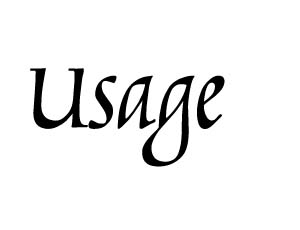acceptability of using "both" to introduce a string of three or more
specific objects: "the pronoun [form of 'both'] is not used of three,
but the conjunction [form of 'both'], which is used in much the same
way as ''either,' 'neither,' and 'whether' are, can be used of two or
more." The odd thing about this usage can be observed if we make a
seemingly minor change to our example sentence. Here's the original
wording:
"And according to both Kelly, the BSA, and recent news reports, the
money you spend goes to support other, more violent crimes."
Suppose, though, that we change the noun string "Kelly, the BSA, and
recent news reports" to the single noun "sources"--which fairly
describes them. Then we have this sentence:
"And according to both sources, the money you spend goes to support
other, more violent crimes."
In the new version of the sentence, "both" clearly cannot refer
to all
of the original objects. That's because the "both" that Webster
identifies in the original sentence as being a conjunction has
suddenly, as if by magic, become an adjective--and therefore must
refer to precisely two sources.
